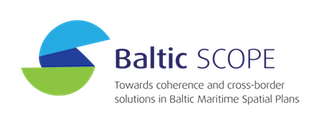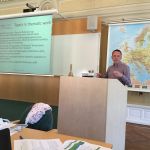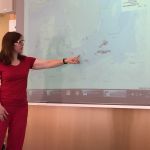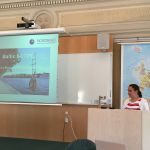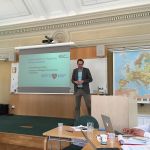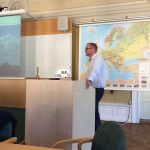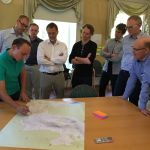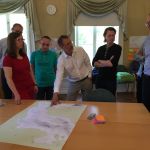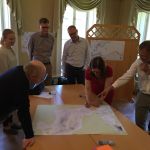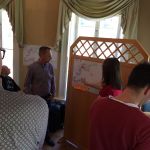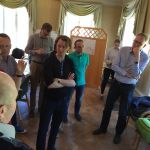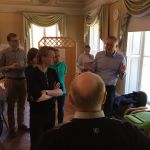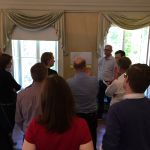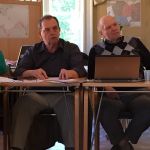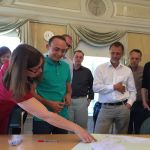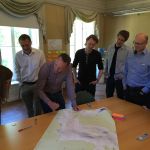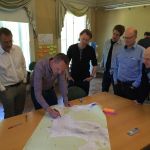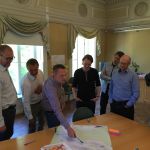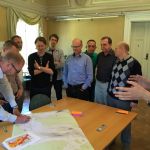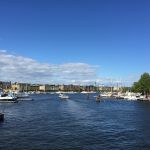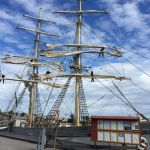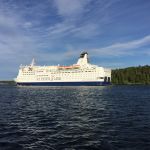The discussions circled around the concept of transboundary issues, cross-sectoral thinking, and geographical areas. A cross-sectoral discussion is needed to understand in what ways conflicts between sectors are being handled and how to better address the different activities in maritime spatial planning. A cross-sectoral approach was supported from all sectors´ perspectives. In terms of energy, project partners thought it would be necessary to establish cross-sectoral criteria that need to be considered when installing wind farms for instance taking into account shipping activities and environmental impact. Additionally, some project partners considered necessary to identify what investments are planned in transboundary areas. This information is important when making the plans in order to avoid conflictive uses of the maritime area across borders. Finally, for a cross-sectoral approach in maritime spatial planning, it is essential to harmonize the data between countries and take decisions about what data to be used and at what scale
Regarding maps, the discussion circled practical issues, such as whether maps should be made for the entire Baltic SCOPE project area, or separately for each case study. Project partners pointed out that most maps are focused on the national perspective, and thus a common map could help planners to widen their perspective when planning “their” area. In doing so, there should be made a clear distinction between national and transboundary issues. In shipping for instance, not only travelling routes should be included in the maps but also other infrastructure such as harbours. Some of the geographical areas that should be zoomed-in in the map are: Adler Grund, Kriegers Flak, “Grey zone”, Arkona, Öresund. Other issues to be considered are cultural heritage, sand and gravel extraction. Finally, the maritime area between Denmark and Poland south of Bornholm Island caused discussion. This clearly political issue was suggested being discussed in a different setting.
The confirmed topics include: energy, shipping, environment, and fishery. Aquaculture and tourism were excluded from the project since they were considered not to be transboundary issues in the first place but mostly national ones.
Each country is responsible to decide how to organize their thematic area (i.e. Poland: environment, Germany: energy, Denmark: shipping and Sweden: fishing). No decision was made yet regarding the thematic groups, but a proposal delivered by the Swedish project partner suggests the following sequences:
1. National thematic meetings for each sector (national experts).
2. A joint MSP conference with from all countries (sector experts meetings) as well as cross-sectoral discussion.
3. Discussions in the planners group about the geographical areas.
FILE DOWNLOADS
DOCUMENTATION
PHOTO GALLERY



